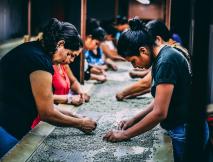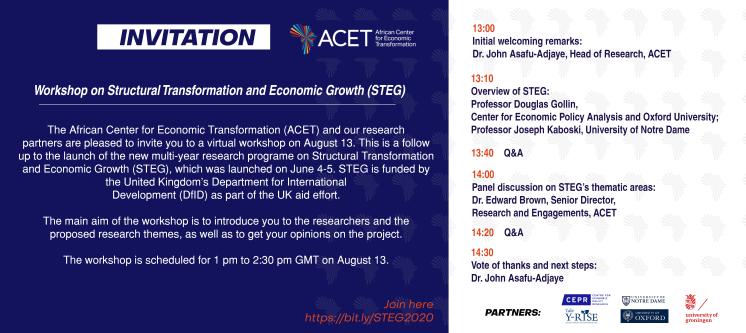While focused on understanding labour market changes in the process of structural transformation, this theme also addresses important conceptual issues involving the measurement of time use, leisure, and home production. To date, most of this research has focused on advanced economies; however, there are great opportunities to apply the methods and models to structural transformation in low- and middle-income countries.
Theme 2 will support research focused on:
- The transformation of home production and market production. While early structural transformation models envisioned a linear movement from home production to market production, recent research points to a more complex process in which home production and market production undergo a continuing and intertwined transformation. This process is inevitably highly gendered, and the shifts in household structure, investment, and time use can only be adequately understood through the lens of gender analysis. While gender equity is itself of great interest, the potential long-term effects of this process on human capital, demographics, and wage polarisation is also of interest.
- The functioning of urban labour markets and the shift from entrepreneurship to wage work. Relatively little is known about the functioning of urban labour markets, where informal and casual employment now accounts for a large fraction of the labour force, and more research is needed on the transition from an economy based on self-employment and household enterprise to one with high levels of wage work, including the role of human capital and its interaction with technology and globalisation.
Theme Leaders
Theme 2 is led by Taryn Dinkelman (Associate Professor of Economics at the University of Notre Dame) and Rachel Ngai (Professor of Economics at the London School of Economics and Political Science).


























